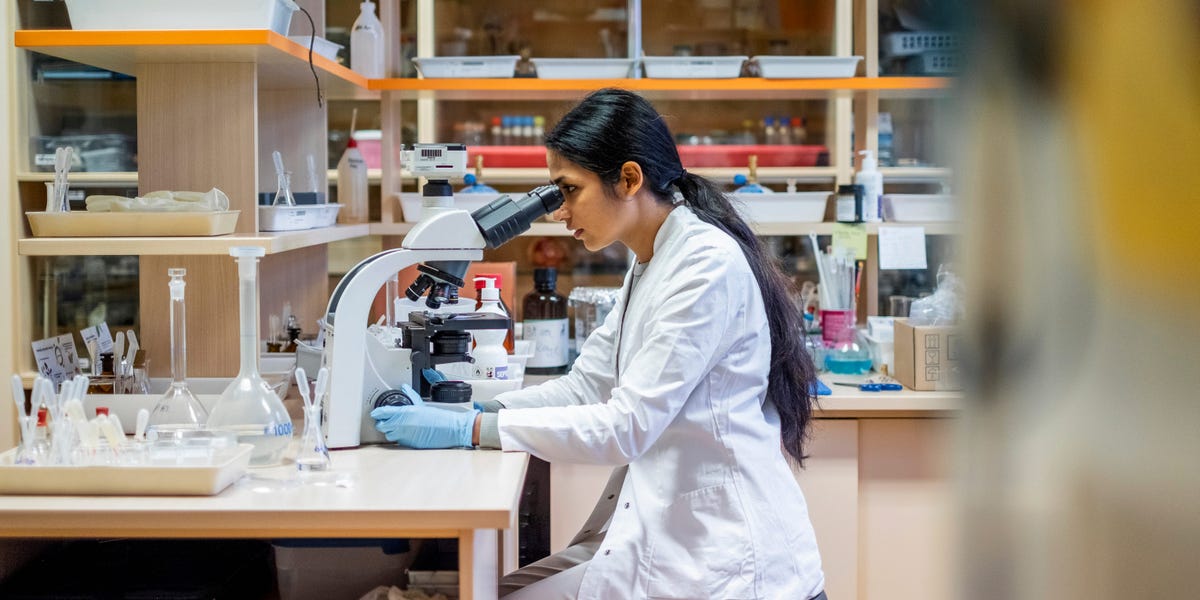L
ab‑space real estate is now facing a sharp downturn, largely because federal research funding has stalled. The National Institutes of Health is behind by roughly $5 billion in grant awards for 2024, and venture capital for life‑sciences companies fell to $24.9 billion in the first nine months of 2025—its lowest level since before the pandemic.
The result is a surge in vacancies. In the country’s top markets—Boston, San Diego, and the Bay Area—vacancy rates have climbed from 6.6 % in 2022 to a record 27 % today. New lab projects completed between 2022 and 2024 now sit at a 48 % vacancy rate, while older spaces in Boston and San Diego show 33 % availability and the Bay Area 35 %. Even incubators that usually thrive in downturns are feeling the pinch: the Blumberg Institute’s Doylestown facility, once fully occupied, now has 16 % empty space and has postponed expansion plans.
The decline in federal support is mirrored in the market’s financials. Alexandria Real Estate Equities, a major public life‑sciences landlord, saw its shares tumble from a peak of $220 to about $80. IQHQ, which bought a triangular office building in Redwood City for $164 million in late 2021 and planned to replace it with three lab towers, has put the property on the market this month, citing a need to recycle capital on non‑strategic assets.
Venture capital has also shifted its focus. Investors now favor larger, more established companies, leaving early‑stage startups—often the ones that will occupy new lab space—underfunded. Spear Street Capital’s 500,000‑square‑foot building in Watertown, Massachusetts, purchased for $300 million in 2020, remains largely vacant. Its owner hopes to repurpose the space for AI‑driven life‑sciences work or drug manufacturing, but the future is uncertain.
Policy changes compound the problem. President Trump’s proposed budget would cut NIH funding by 40 %, and several startups in North Carolina have been denied $15 million in Small Business Innovation Research (SBIR) grants. The long‑standing partnership between federal agencies and academia, which fuels exploratory research that eventually becomes commercial products, is under threat.
In short, a combination of federal grant delays, venture capital retrenchment, and an oversupply of newly built lab space has turned the once‑booming life‑sciences real‑estate market into a high‑vacancy, low‑funding environment. The sector’s future will depend on whether federal support can be restored and whether investors can refocus on early‑stage innovation.














